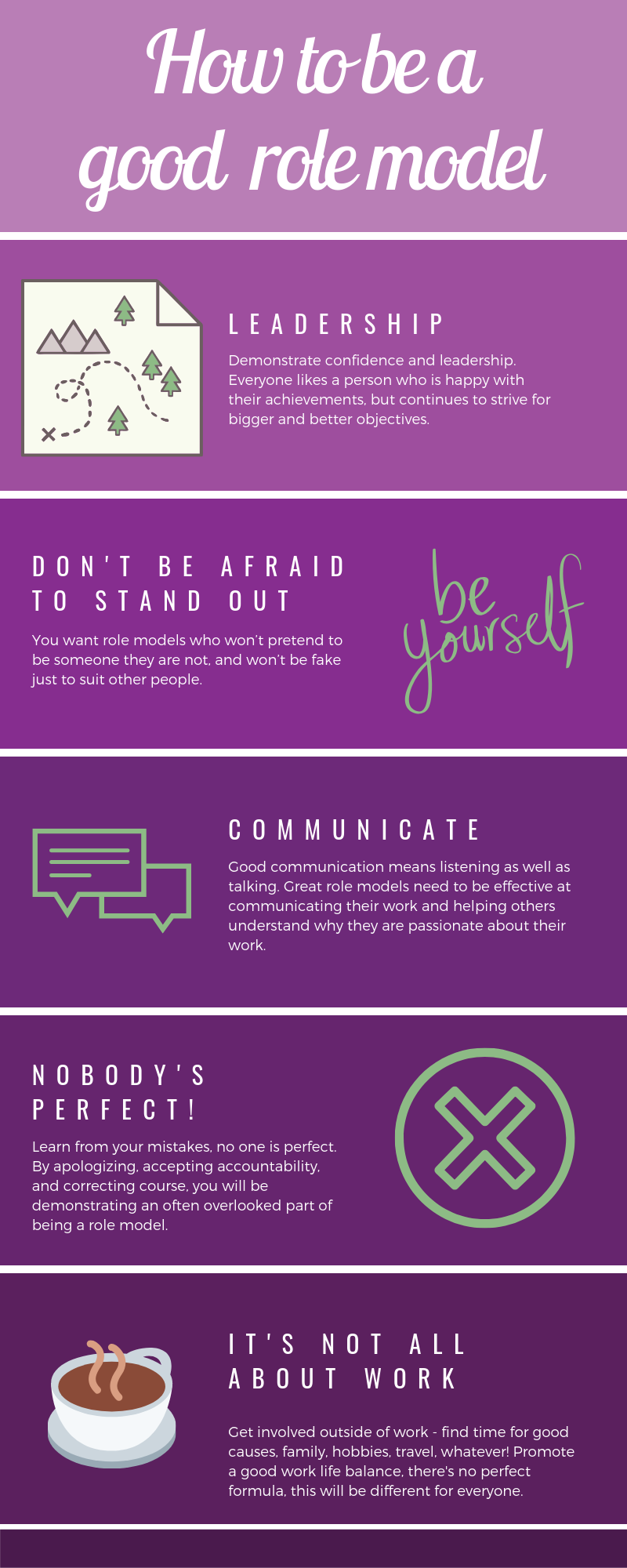Although it was published about a year ago, I only recently came across the latest addition to the Mr Men and Little Miss series – Little Miss Inventor – thanks to a Twitter post by Juliet Gerrard, the chief science advisor to the Prime Minister of New Zealand. I remember reading these books when I was a young child, the simple, bright, colourful illustrations were great – although I think Mr Tickle gave me nightmares! Little Miss Inventor is described as being "full of ideas, which she turns into extraordinary inventions in a shed at the bottom of her garden". The book was released on 8 March 2018 to coincide with International Women's Day and British Science Week. Roger Hargreaves, author of the Little Miss series, said "It's also been nice to write a story that promotes a positive role model and to challenge a stereotype, if only in a small way."
Seeing this latest addition to the expanding cast of characters in the series made me think about the role models that we have in STEM. The significance of role models has become more and more apparent as we try to tackle the gender gap across a huge range of careers, disciplines and topics. A study in 2018 found that the odds of female students persisting in Geoscience approximately doubled for each role model they identified (Hernandez et al. 2018). Role models can be defined as people that inspire others to follow in their footsteps to achieve similar success, or alternatively motivate others to avoid making the same mistakes that they did (Hernandez et al. 2018, Lockwood et al., 2002, Lockwood and Kunda, 1997). A role model doesn’t have to be someone that you know intimately, it could be from afar, someone you read about or heard of in the news.
“A lack of counter-stereotypic female role models communicates messages of not belonging or being different or incompatible, which may discourage women from pursuing degrees and careers in these fields (Herrmann et al., 2016).” – essentially, if you can’t see it, how do you know you can be it?
Experiments have shown that exposing women to successful and competent female scientific role models can promote more positive attitudes toward science, a deeper feeling of belonging in science, and stronger feelings of commitment to pursue scientific careers (Cheryan et al., 2011, 2013; Clark et al., 2016; Herrmann et al., 2016; Rosenthal et al., 2013; Shin et al., 2016; Young et al., 2013).
However; there is still some debate as to whether role models have to be gender-matched in order to have a positive impact. A 2016 study looking at the influence of role models in broadening participation in science found that engaging in authentic science and viewing female scientists as personable were keys to changes among students, rather than just gender matching between the role model and student (Carsten Connor and Danielson, 2016). A similar experiment in 2015 found that there were 4 critical factors in determining whether students connected with scientists as role models, these were; connection, passion, the ‘wow’ factor and lastly, the scientists ability to be an innate teacher (Farland-Smith, 2015). On the other hand, a 2018 study in France found that female role models in science had a greater impact on female students than on male students – so there is still room for debate (Breda et al. 2018). But they also found that female role models helped to reduce strongly-held perceptions that about the stereotypes of gender roles in science among all the students. So perhaps it isn’t just about being able to see someone who looks like you, doing the job you want, but it is also important to be able to connect with them, understand why they love what they do, and critically, for them to be able to convey that knowledge to any audience.
Over the last 5 years Science & Technology Australia have been working to create a critical mass of celebrity Australian female scientists and technologists through their Superstars of Stem programme. The programme works to build public profiles of women employed in STEM, help them gain skills in public speaking and communication, empower participants to share their work, smash imposter syndrome and build confidence and directly encourage young women and girls to study and stay in STEM. This has been hugely successful, and we’re very proud to have several members of WOMEESA among the current group of Superstars including Dr Teresa Ubide, Dr Kate Selway and Dr Verity Normington!



